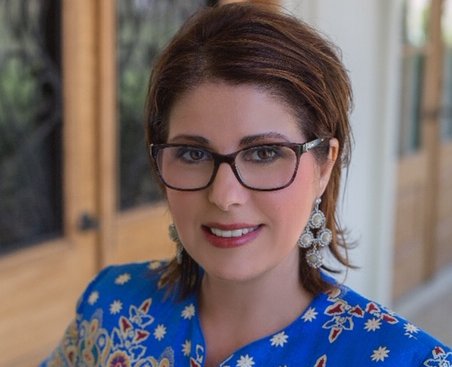
American corporations, in general, once the most revolutionary business models, were historically spawned from centralized structures that carried heavy-handed decisions mandated downward from the top.
Now that corporations are witnessing some relinquishment of the authority of influence to middle administration or derived from customer feedback, the consideration is generally pointed toward a tangible product or service and its potential impact on the bottom line.
There is an underlying current from experts that corporations who did not evolve into this new model voluntarily disadvantage themselves by choosing the limiting growth factor of clinging to power as a means of maintaining control.
Today, there is a relevant example of another type of product being mass manufactured in America and throughout the entire global ecosystem. It is the product of ideology influence, the ability to produce ideas that impact the thoughts and value systems of society.
The manufacturing site is a perfect location: the American media machine. The great American media debacle is being commandeered by a centralized corporation in a decentralizing world.
The media giant, Facebook, is said to be more powerful than government, as an estimated 44.3 million cable network users will have cut the cord by the end of 2020. This is understandably so, with online impressions touting a mere $3 per impression compared to traditional media averaging $28 per impression.
The advantage of the centralized Facebook manufacturing epicenter: Real time news that is free to the user as the advertisers are paying for it. The recent disadvantage: the scramble to stop what Zuckerberg and crew consider a false narrative, though censorship has potentially driven out even faithful users to seek asylum elsewhere.
Because of the centralized control of not only social media powers, but also traditional media, some 70 million Americans on either side of the worldview are seeking truth on issues from Russiagate to Pizzagate to Votergate.
The bi-partisan desire for reform of Section 230 of the Communications Decency Act has been championed by those in the legislative branch of government in an effort with personal protections and freedom in mind. Because of this phenomenon, along with recent election rhetoric censorship for both conservative and liberal thinkers depending on region, decentralized media factories are progenating as quickly as the garage bands of the 1960s. In the current political climate of America, Facebook users are leaving the once familiar platform for alternatives such as MeWe, while Twitter users are leaving their tweets behind to microblog in Parler.
Parler CEO John Matze calls a decentralized model one that gives choices to the influencers and users, rather than keeping all the power at the top of the organization. Still privately held, Matze asks users of all persuasions to join the free speech platform devoid of ideology indoctrination, though to his chagrin the site has unexpectedly morphed into either a post-election refugee camp for conservatives to rally the troops, or a future terrorist self-registry of sycophants, depending upon the particular user worldview.
The disadvantage to a media corporation for hoarding power at the top has diluted the its once almighty voice, resulting in rendering power to that of what they might call “the common housewife,” who after recent mistrust of the mainstream media now expresses her own freedom of speech into the ready ears of a willing listener.
The possible advantage to the traditional media for holding the line with its centralized center will be found in whether a privately-owned company like Parler can continue to fund the decentralized business model. A mainstay tenet of decentralized media younglings will be all power to the people to boycott individual ideology craftsmen with whom their message does not clearly resonate.
At this time it is too early to predict whether decentralized media corporations like Parler will have enough staying power to go public or to be bought out by someone who has an expressed agenda of offering users an American platform with its sole product, free speech.
Further, the decentralization of the American media machine is nothing other than a magnifying glass over the evidence of the great American divide in ideology, the by-product of what has historically been fair and equitable reporting that allows the hearer to make up his or her own mind. Scientists and archaeologists alike, have long been predicting this trouble to America, knowing not whether to call it a name like “Civil War” or just plain division.
Fueling the scientific discussion in a world where everyone is making their own predictions, is everything from street rioting to phenomenons in the sky such as the 2017 solar eclipse. It was the first to cross the entire American mainland since 1776, making an exit right over Fort Sumter in Charleston where the first shots of the Civil War were fired.
With regard to extrapolating lines of the media-driven fracture of American ideology, scientists have raised an eyebrow as they await a similar natural, yet symbolic, phenomenon scheduled to occur seven years removed in 2024. This time, the phenomenon will complete the second half of a giant X across America, intersecting at the heart of the country, in a most unpretentious place of Carbondale, IL. In spite of being nothing to brag about, Carbondale, also known as Little Egypt, is a sitting time bomb on the New Madrid Fault Line.
So, as the unraveling of mainstream media ensues with the possibility of a new American Civil War at stake, the man that has been the hopeful “Deliverer” to at least half of the country is steadily continuing to tweet his thoughts at will, as his supporters are making their exit to Parler.
Of course, it is no coincidence that the new American Civil War has already begun virtually. After all, it is still 2020 and this is how we do it now.

















